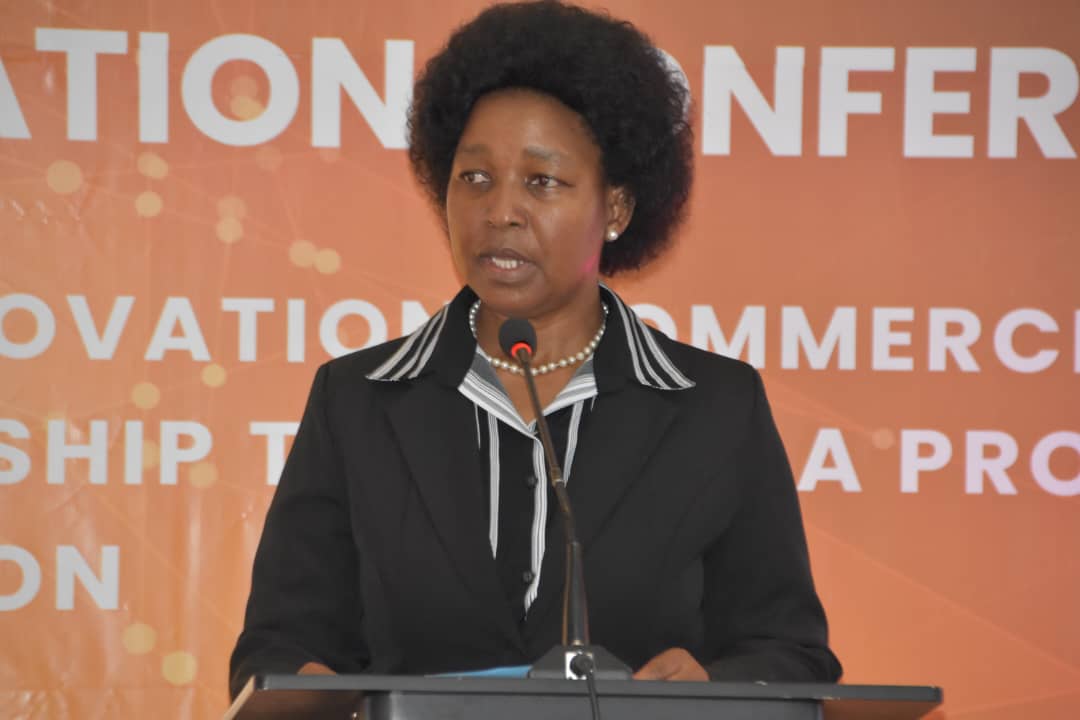Vice Board Chairperson for National Commission for Science and Technology, Dr. Cecilia Maliwichi-Nyirenda, says research is a prerequisite for building a resilient Malawi and strengthening infrastructure and socio-economic systems.
Maliwichi-Nyirenda has therefore challenged participants to the just-ended 2025 National Research Dissemination Conference (NRDC) to utilize findings of their various studies to provide the evidence base, informing decision-making, and developing innovative solutions to challenges like climate change and emerging economic problems.
Over 100 research outputs were presented at the conference, covering fields such as agriculture, health, climate change, energy, education, digital technology, industry, and social sciences.
The NCST Vice Board Chairperson said research can identify effective strategies to integrate different perspectives from institutions and communities, fostering collaboration and overcoming structural barriers to resilience.
Maliwichi-Nyirenda assured the participants of the Commission’s commitment to ensuring that their research outcomes translate into transformed livelihoods of ordinary Malawians.
“We’ll continue to strengthen the link between research and decision-making, foster collaborations across sectors, and support the commercialisation of innovations so that they contribute directly to our economy and society. [Therefore], let us leave here committed to turning every idea into impact, and every innovation into a building block for Malawi’s productive and resilient future,” she implored.
Speaking earlier, NCST Director General Gift Kadzamira thanked participants for attending and making presentations at the conference.
Kadzamira said, “Your insights, expertise, and enthusiasm have made this event a success. I appreciate the time and effort everyone has invested in sharing knowledge and ideas.”
During the conference, participants witnessed the very best of Malawi’s research, innovation, and entrepreneurial spirit. They also listened to thought-provoking keynote addresses, including insights on how research and innovation can be catalysts for resilience and productivity, and the critical role of public-private partnerships in commercialisation.
Furthermore, they engaged in high-level panel discussions that challenged us to rethink how Malawi can harness science, technology, and innovation to drive industrialisation in line with Malawi 2063.
